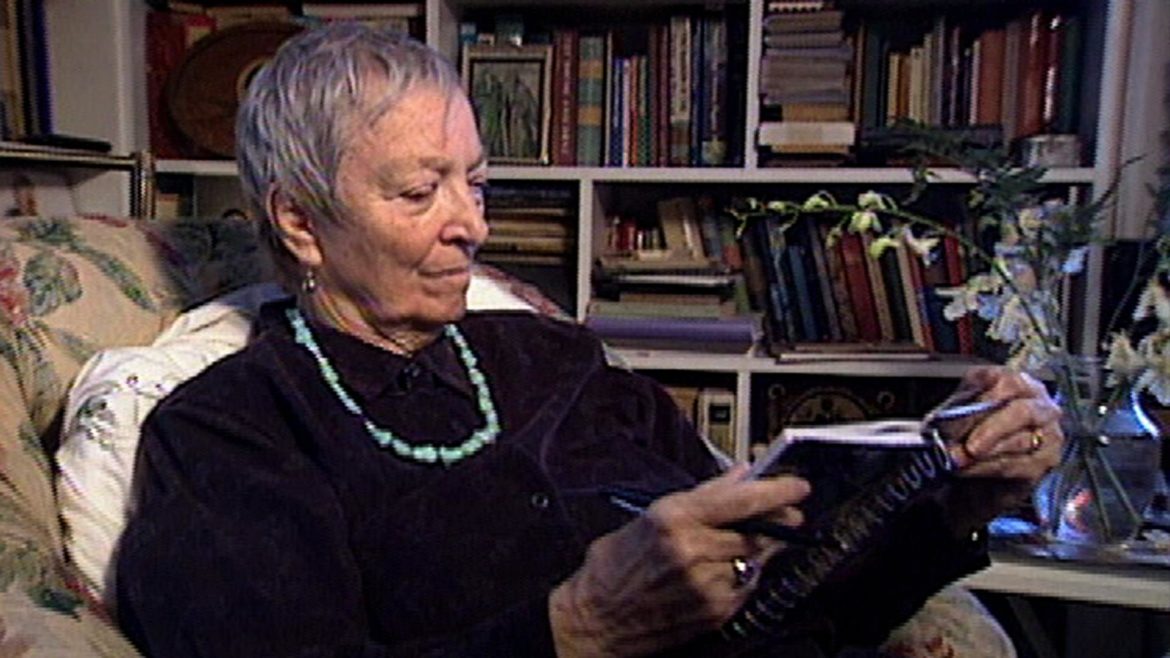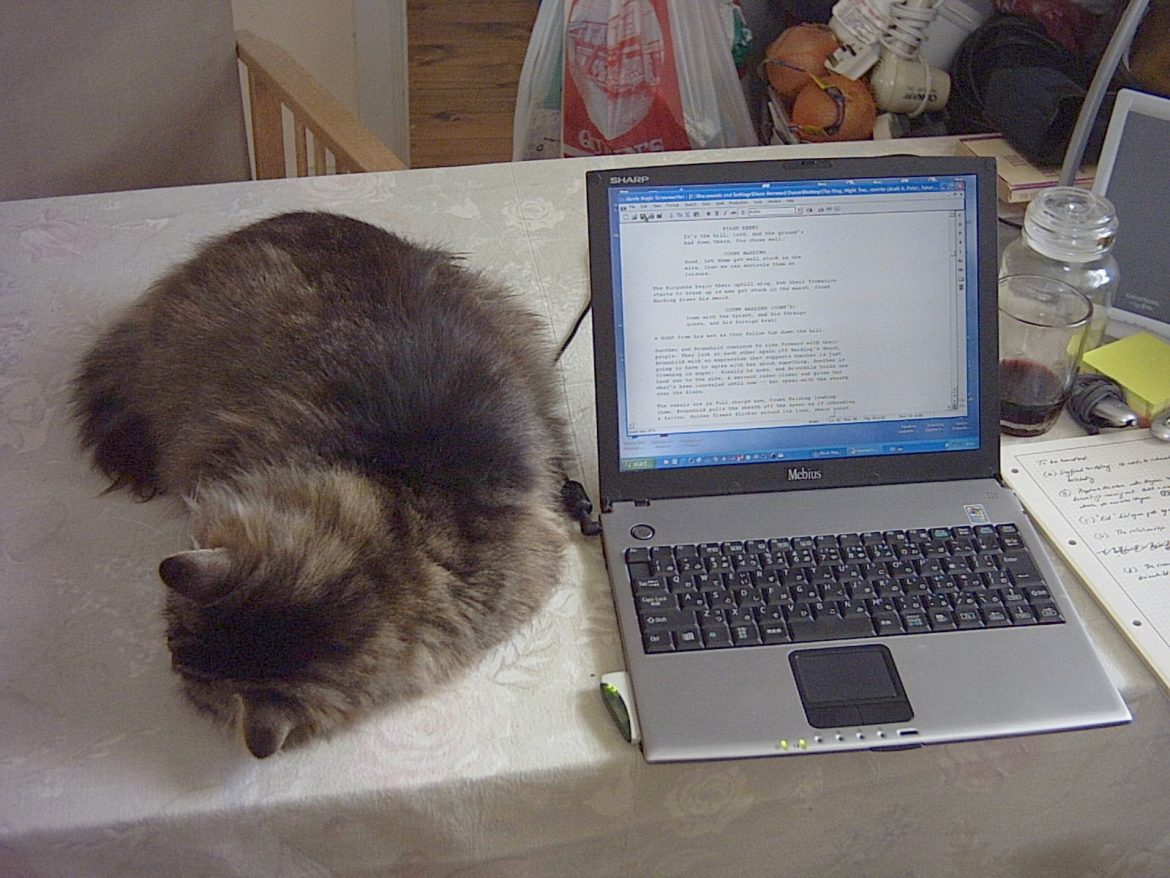Just a word about our websites at YoungWizards.com, PeterMorwood.com and EuropeanCuisines.com:
All three of these sites (and in YW.com’s case, the smaller sites associated with it) are currently down due to the unexpected and untimely demise of our longtime ISP, FutureQuest.com. They have been good hosts to our websites (starting with EuropeanCuisines.com) for a quarter century, and we’re desperately sorry to lose them.
This outage will continue for (we assume) at least several days while we migrate the websites to a new web host. Peter and I just wanted to reassure everybody that nothing sudden or terrible had happened at our end of the world.
(sigh) Farewell, FutureQuest. It’s been great.

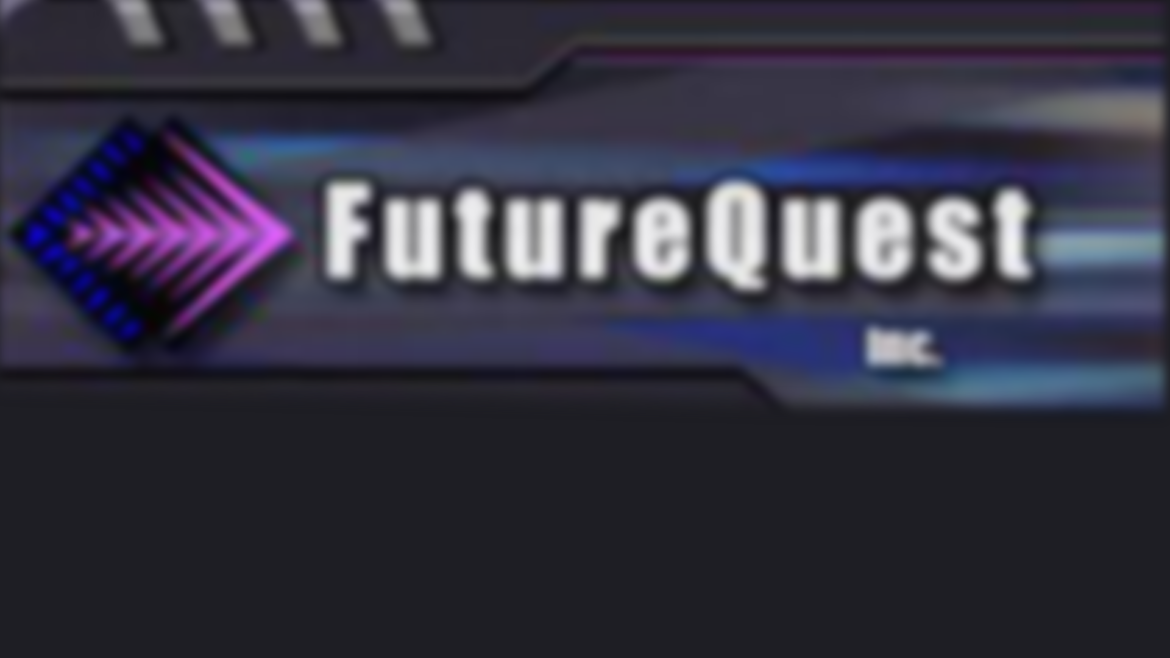
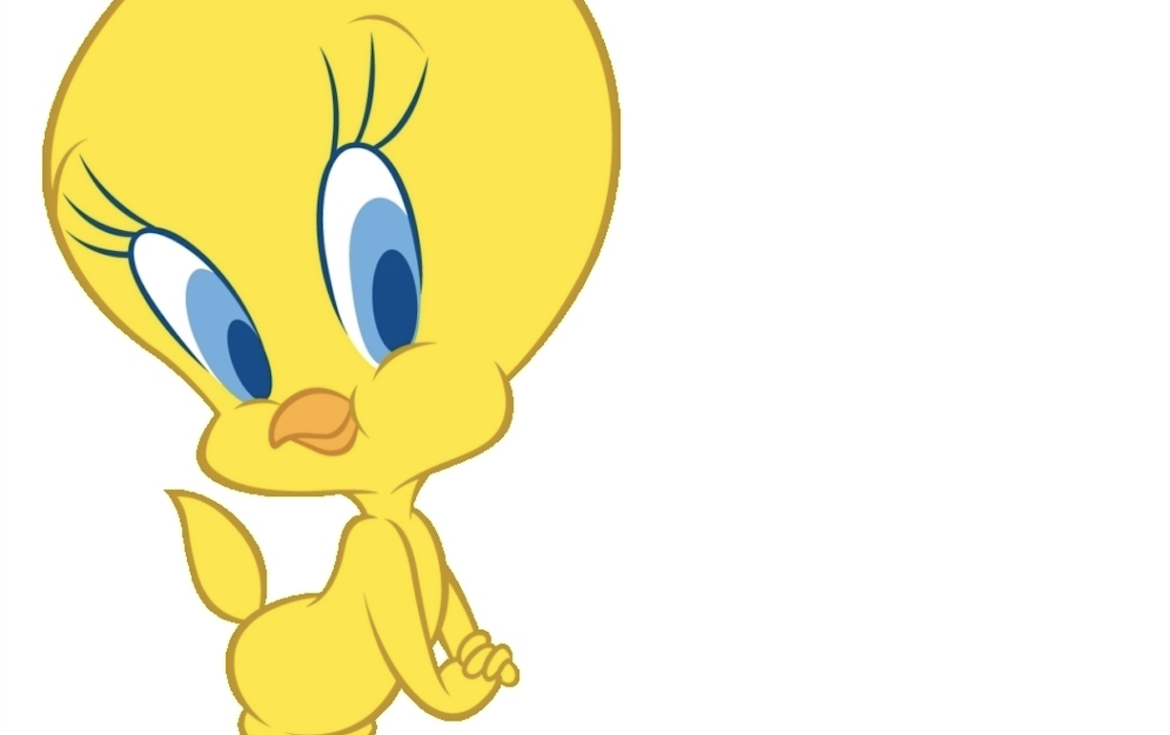
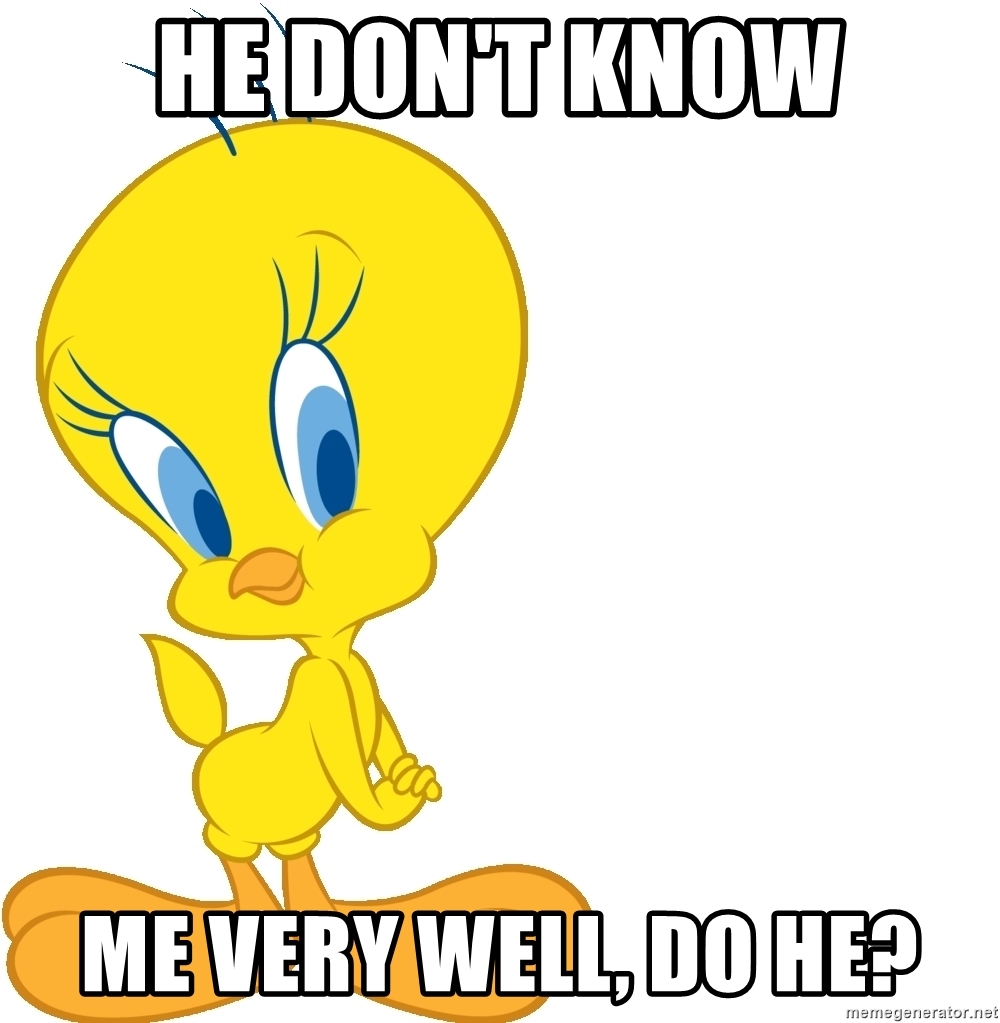
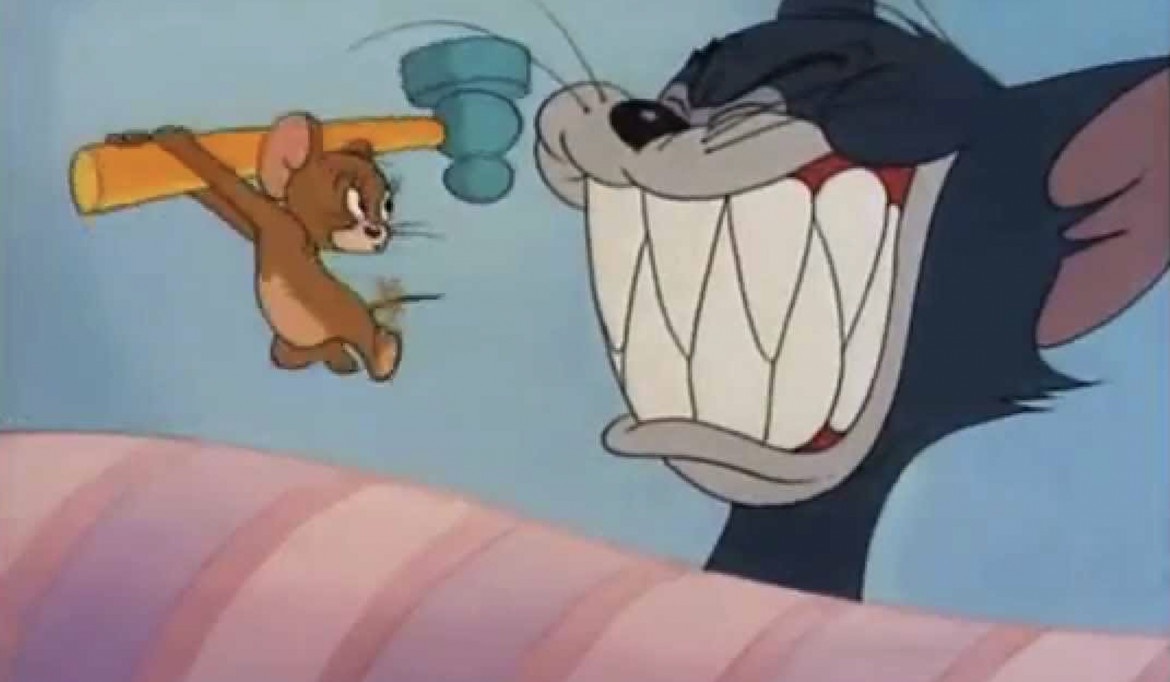



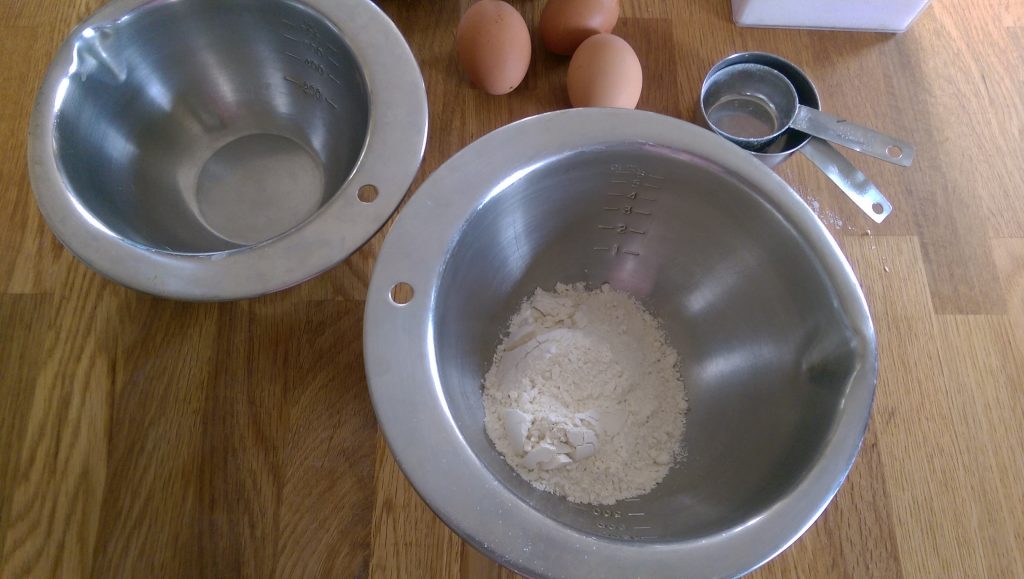
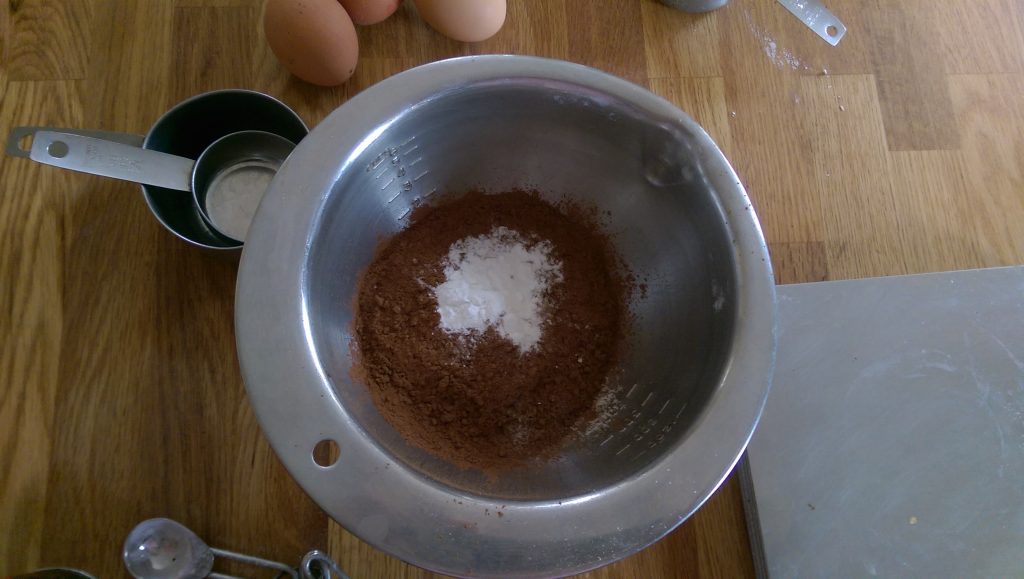
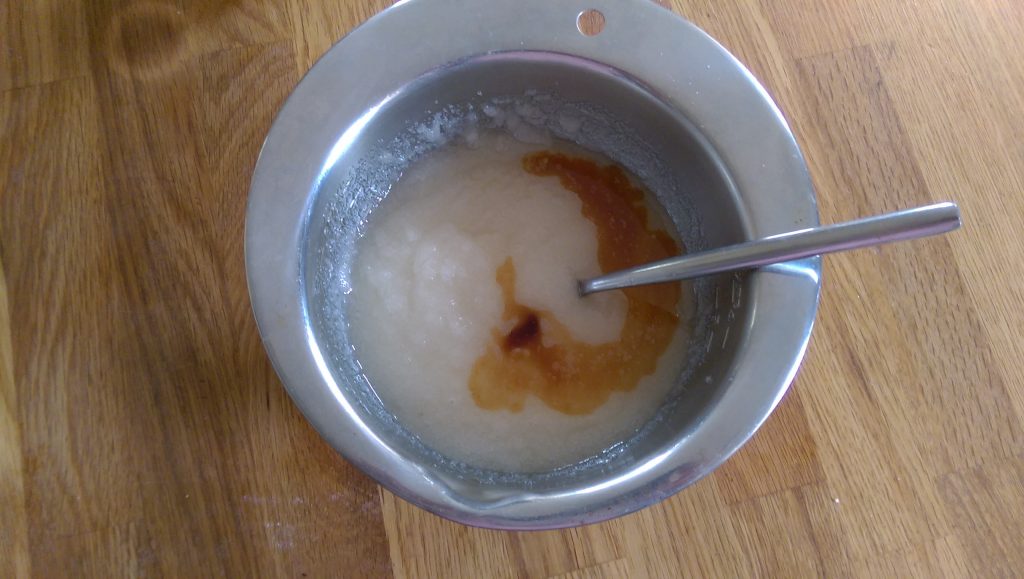
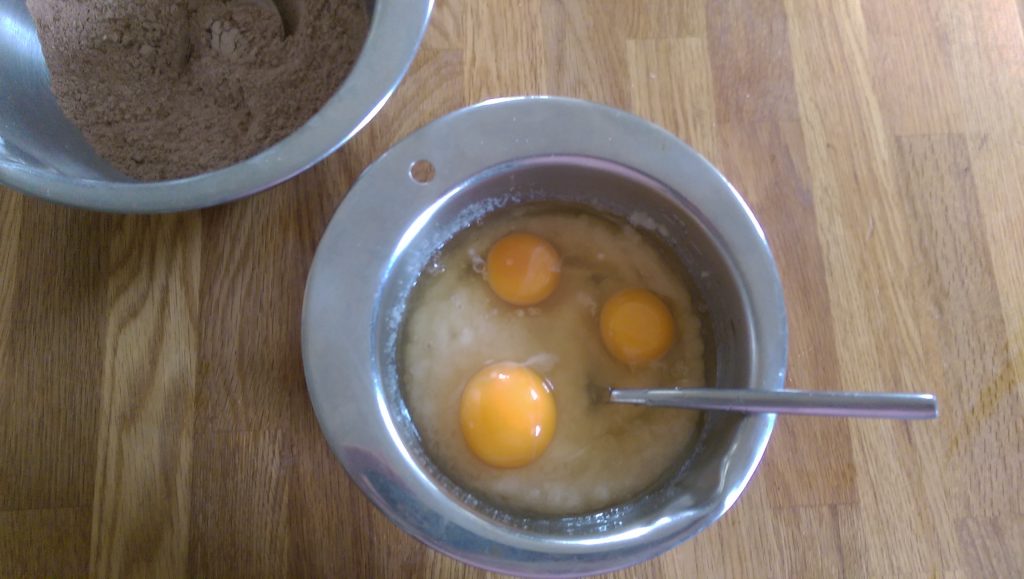
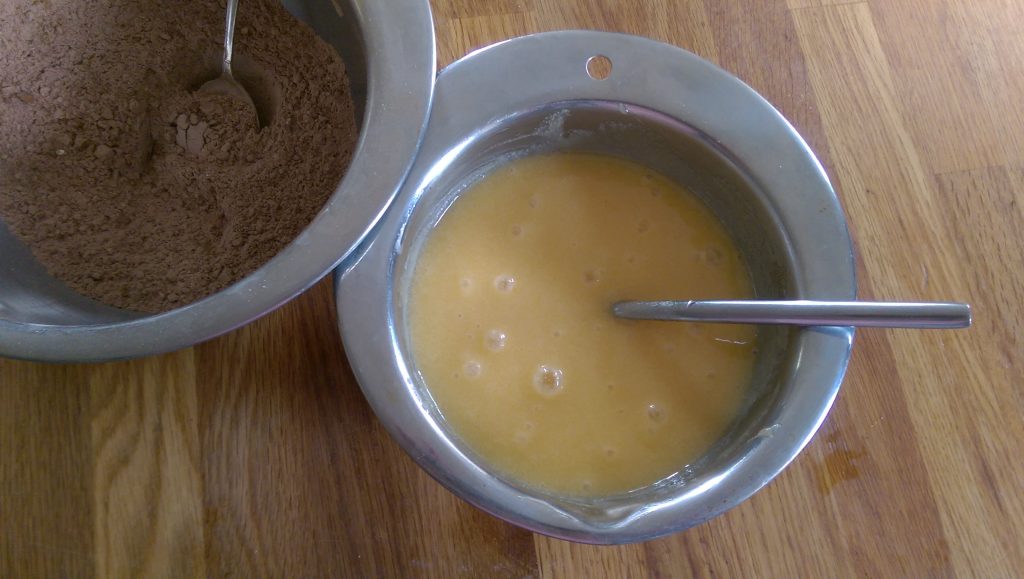
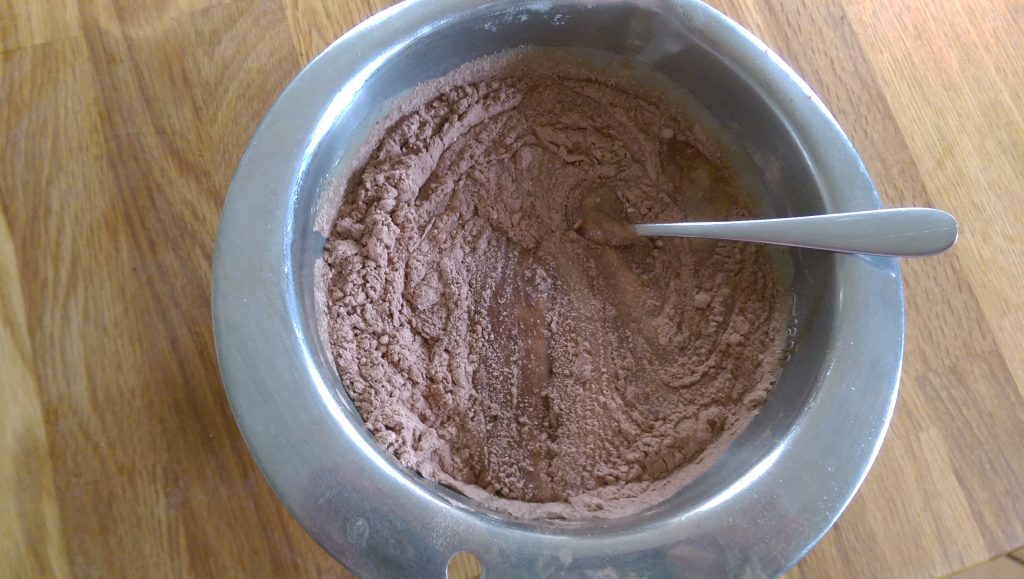
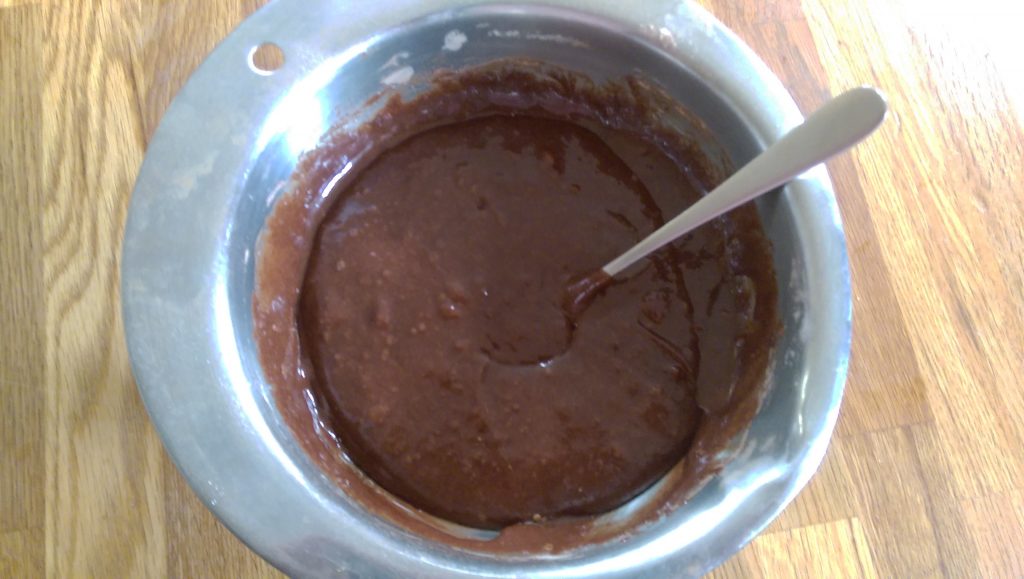
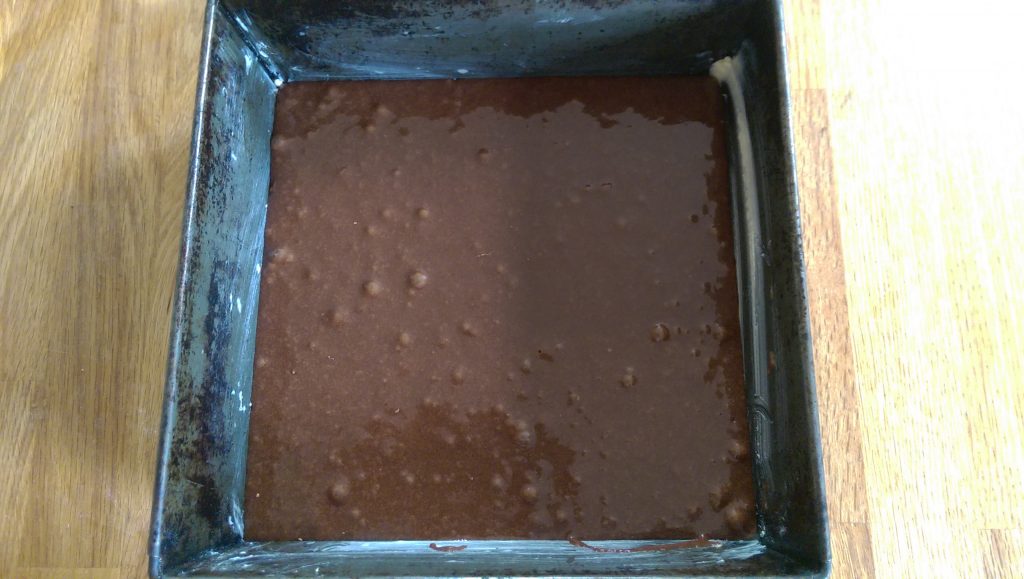
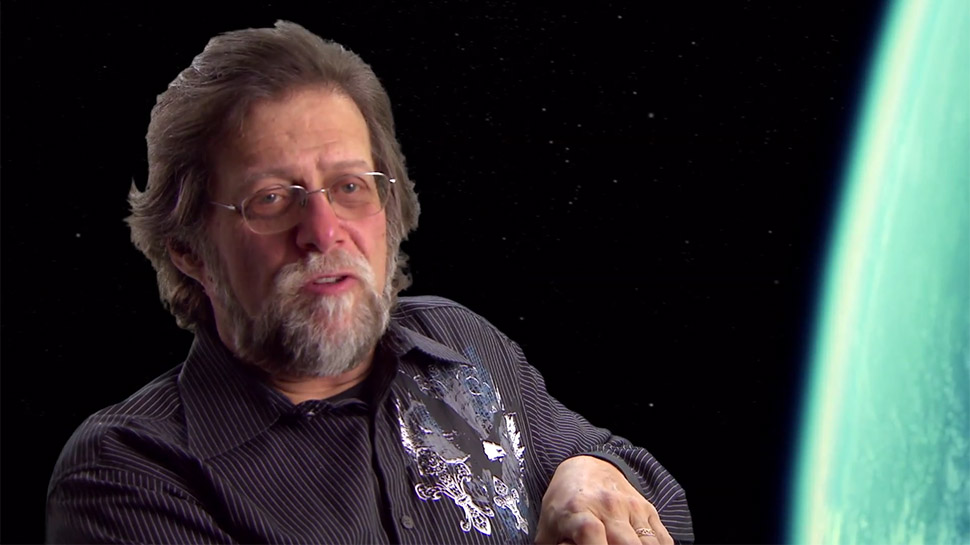
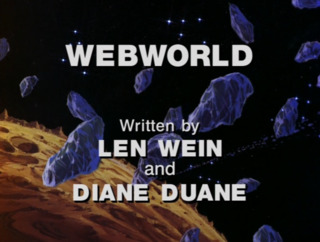 credit. It was a pleasure to push him over that cliff and into what would prove a long and successful additional career stream as a TV writer.
credit. It was a pleasure to push him over that cliff and into what would prove a long and successful additional career stream as a TV writer.
 This is our friend Kim Knight – Kimmie, or even Kimmiwinkles.
This is our friend Kim Knight – Kimmie, or even Kimmiwinkles.